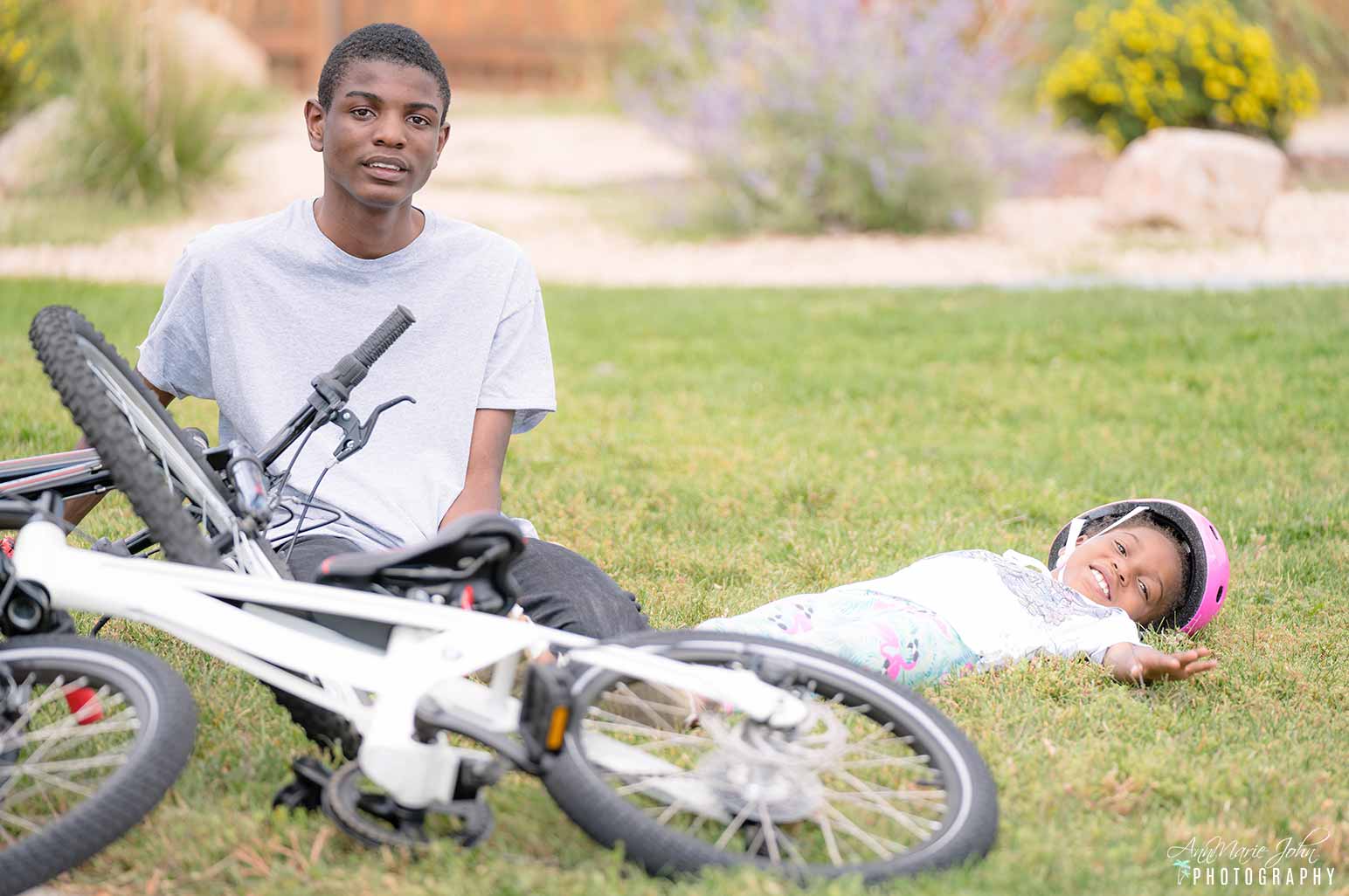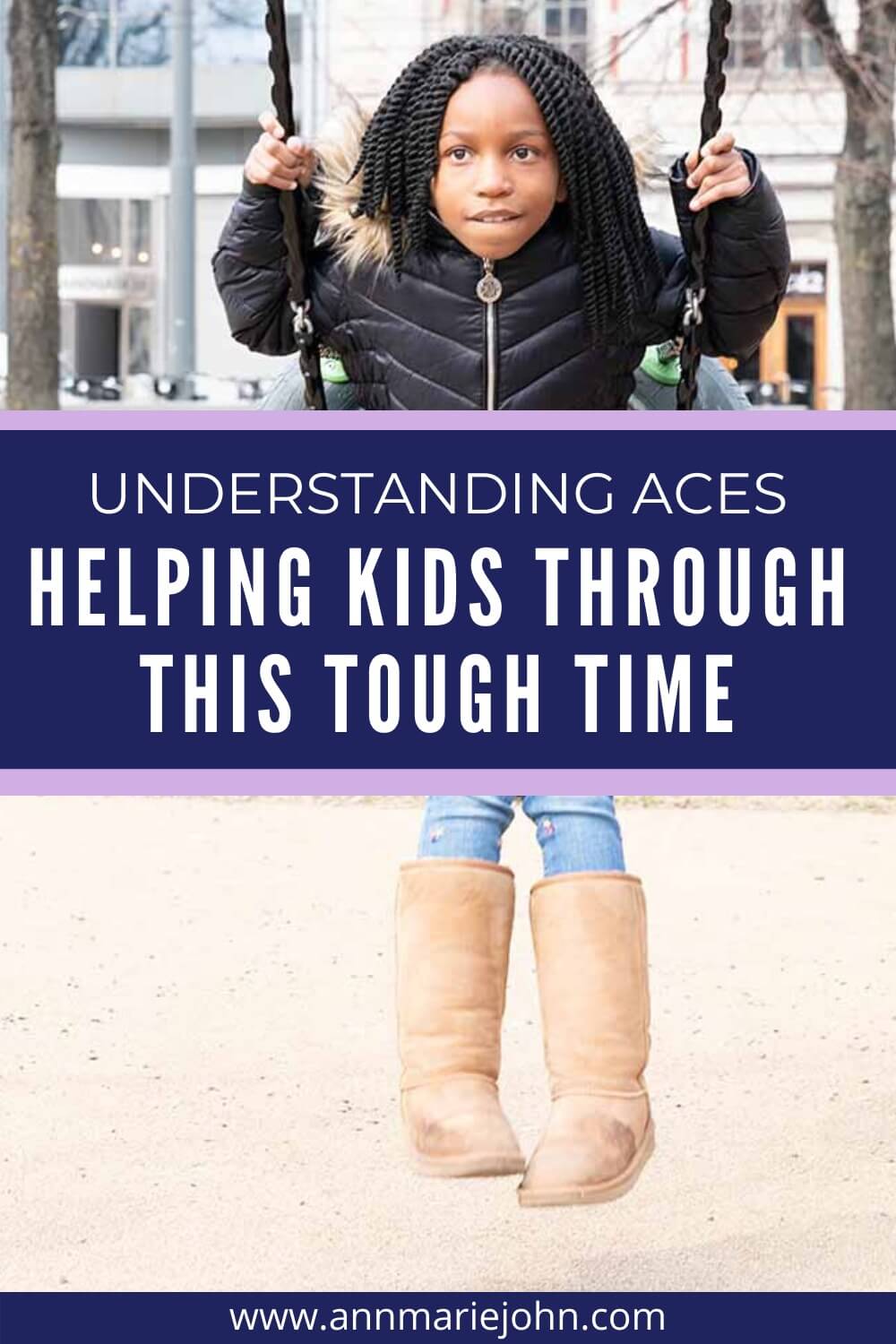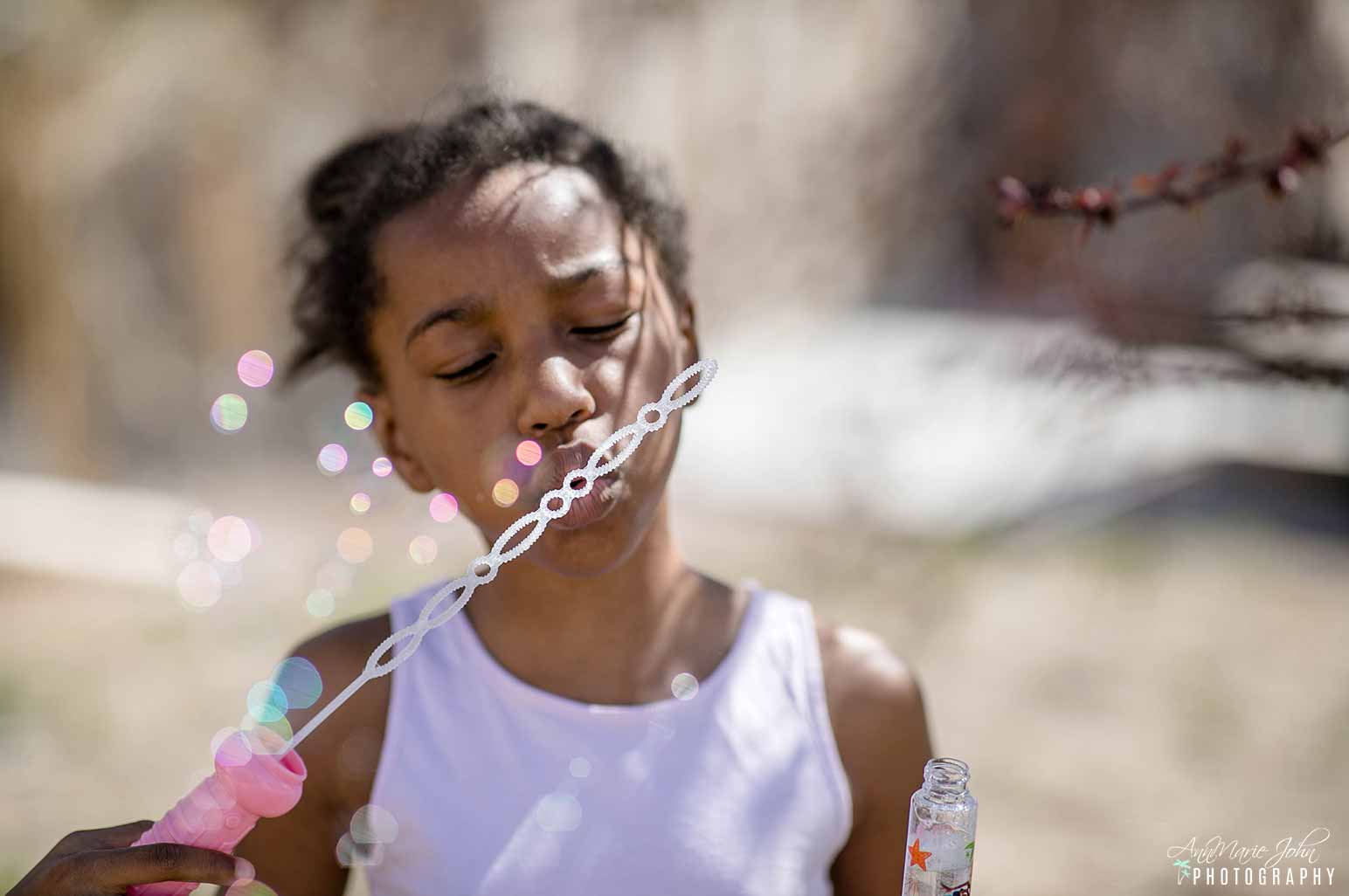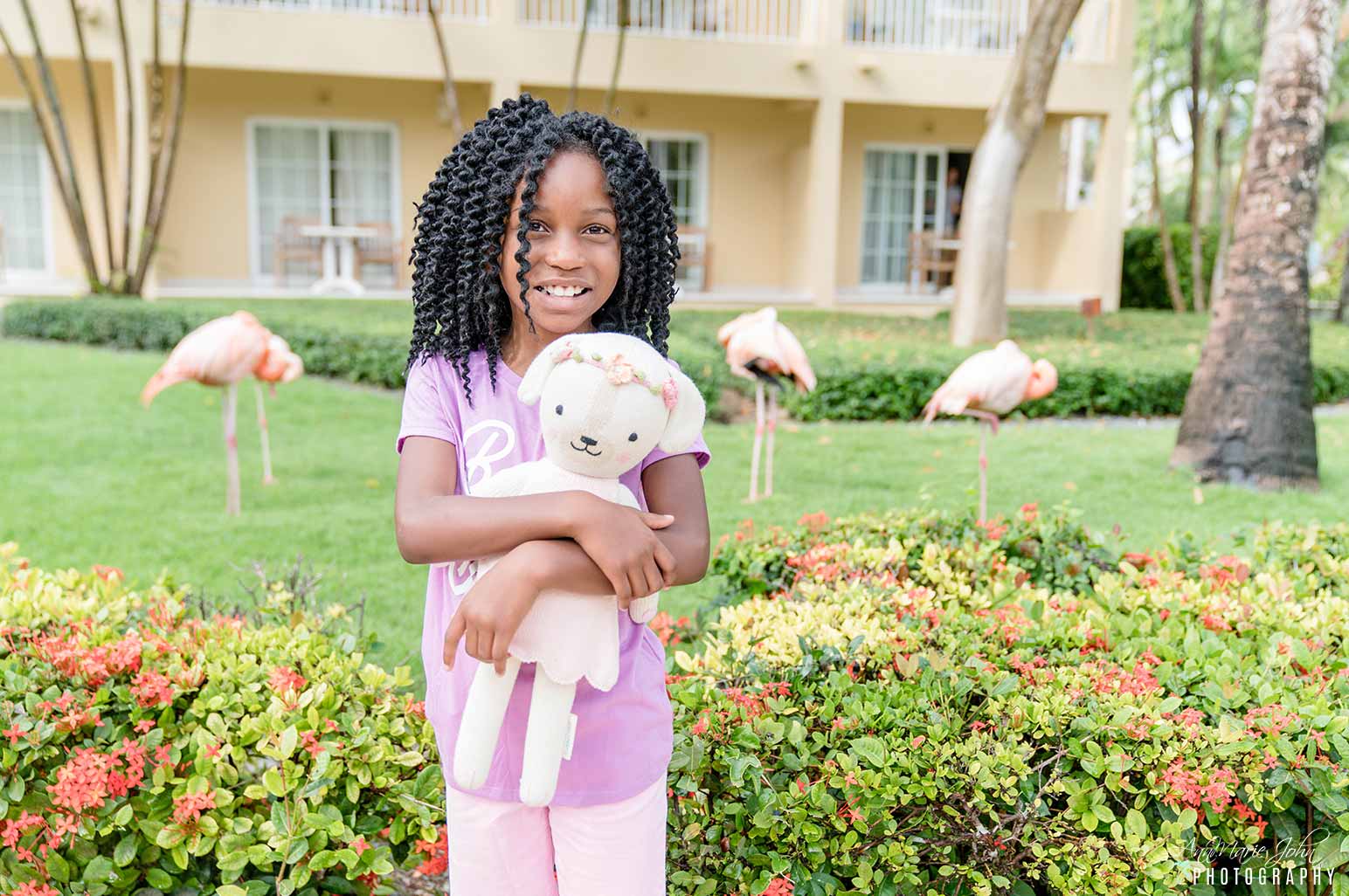A few months ago, I wrote a post about understanding ACEs and how you can help. Who knew that less than three months later, I’d be back here again with some tips on how you can help your kids work through this tough time after needing to rely on my “three” (that vital support system I told you about) during the pandemic.

The pandemic has been traumatizing for many children. For the first time in many of their young lives, they’re away from their family and friends due to the nationwide quarantine, they’re undertaking long-distance learning, and they’re stuck indoors when they’re accustomed to being outside. A lot is happening in such a short time, and they’re fearful and anxious.
Just as 9/11 was traumatic for many kids, including my daughter who was five at the time, this is similarly a difficult time for our kids. My daughter remembers being in school when 9/11 happened. She felt abandoned because I wasn’t able to pick her up immediately since I was with my elder son at Ground Zero when everything was unfolding. She was scared, and her mother wasn’t there. However, I was able to get hold of a friend (one of those vital “three” in my support system) who was able to pick her up from school. Even though she’s now 23, every 9/11 she brings up how she felt. Who would have thought that those moments would affect her that greatly?
They say that traumatic events are often remembered vividly. I know my current eight-year-old will remember COVID-19 due to everything that’s happening worldwide. She knows that there are no schools and that we need to stay home so that we don’t get sick. However, she’s also scared. She knows that her mom is in the very high-risk category. She asks daily if I’m okay because she doesn’t want me to leave her.
Madison recently lost her grandmother to COVID-19. While the death of a grandparent is not necessarily an Adverse Childhood Experience (ACE), the way that this death happened emotionally impacted Madison. We were expecting to have her grandma visit during the summer. While she normally spoke with her weekly, Madison couldn’t do that while her grandmother was in the hospital. When she passed away, I saw how much it affected my daughter. She realizes that she’ll never see or speak to her grandma ever again, and it hurts.

So how can we help reduce the stress that this pandemic has caused within many of our children so that we can reduce the risk of ACEs? Here are three easy ways, including finding our three.
TALK TO YOUR CHILDREN
Don’t just assume that your kids are okay. Talk to your children and ask questions to see how they’re feeling. They may be missing their friends and the routine they’ve grown accustomed to and may not understand what is happening. Reassure them that it will all be okay and you will be alright. Don’t let them see your anxiety. Instead, lovingly address their concerns.
CREATE POSITIVE MOMENTS
The pandemic and quarantine have brought many families closer together. Creating positive moments that they can remember for years to come instead of focusing on the negative is a great way to get started. Play games together, get in the kitchen and prepare meals together, ride bikes, go for walks or even have an outdoor picnic—these are things that can take their minds off what is happening worldwide.
REACH OUT FOR SUPPORT
If you’re having a difficult time as an adult, reach out to your three for support. Many parents are finding this time not only emotionally taxing—as it may be the first time they’re home indefinitely—but if they’re now without a job or regular income, they’re worried about how they can take care of their family. With frustration can come abuse, whether verbal or physical. Before you get to that point of no-return, reach out for support. Practice stress relief, such as deep breathing exercises or even meditation. Now is a good time to take up that new hobby that you’ve been thinking about to relieve stress.

Now, more than ever, it’s important that we create safe, stable, and nurturing relationships and environments in childhood, which are essential to lifelong health and success as well as the prevention of ACEs. Now is a good time to find your three. Finding your three simply means finding or identifying three resources that you can count on for help.
For me, that three has been:
1. Teachers: Now that the kids are out of school, we’ve come to rely on teachers for support. With Zoom sessions becoming a more common occurrence, it’s good to know that we can turn to teachers for help, especially when it comes to distance learning.
2. Relatives and Close Friends: They have always been one of the support networks that I relied on in the past, and one that I rely on even more now. A simple phone call when you’re down and need someone to talk to can mean a lot.
3. Doctor and Therapist: As someone who suffers from a mental health disorder, I know my limits. Having a doctor on call when I’m down—who can offer me support—helps me to help my child.

Knowing and finding your three is important, but you can also be part of someone else’s three. Remember, it takes a village to raise a child, and during this pandemic, you’re going to need that village.
